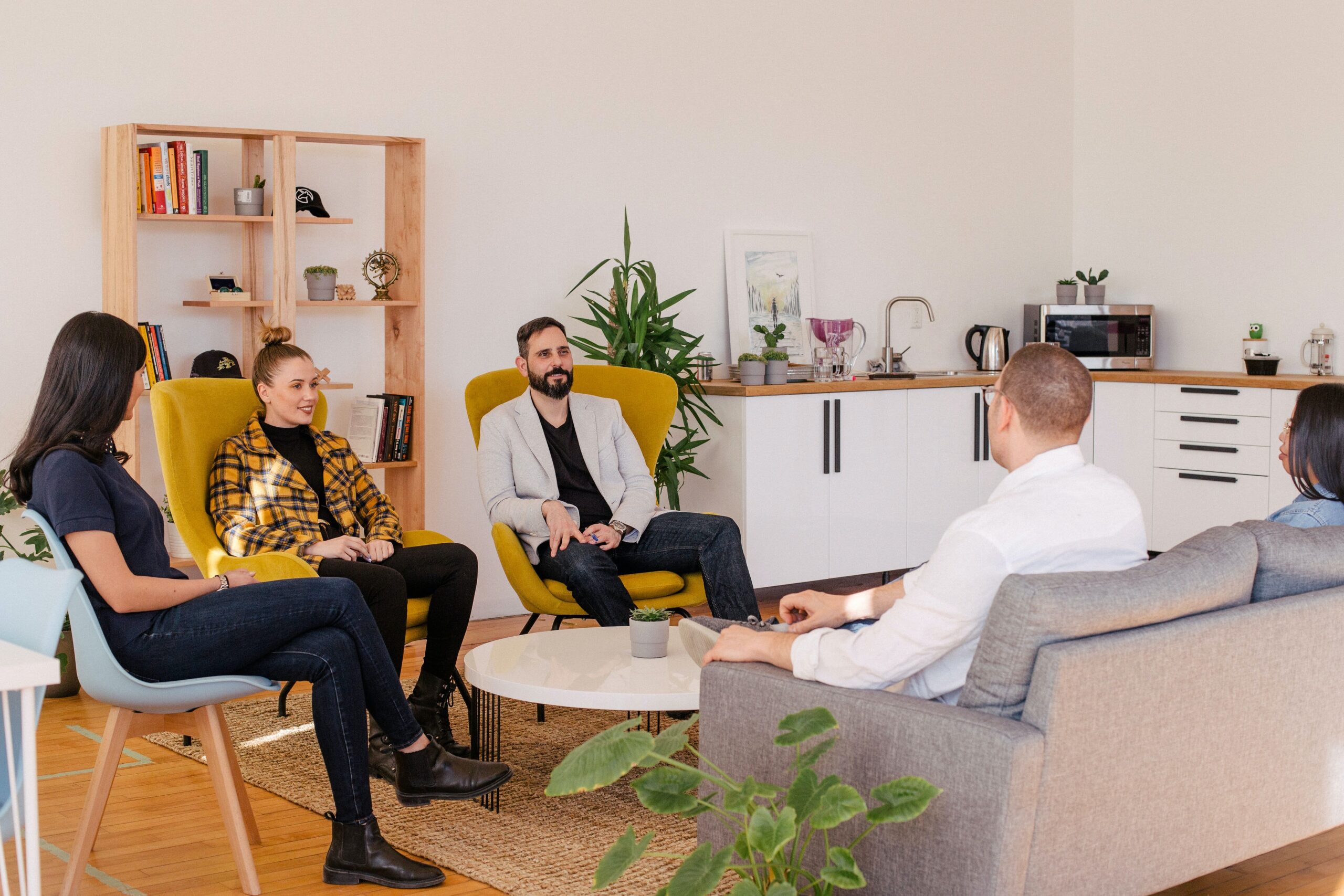Knowledge is Power
Successful job hunters make every effort to ensure employers know they are the right person for the job. Once you see a career or job you want, put every effort into getting it.
· Spend time researching the industries find out which skills, qualities and qualifications employers are looking for.
· What industry jargon and terminology do employers use?
· Which websites do companies from your sector advertises on?
Remember No-one owes you a job; you have to make yourself employable by selling your skills, qualities, experience and attitude to a potential employer.
Timing is everything
On average job hunters spend 3-4 months from looking for work to gaining employment. IT DOES NOT HAVE TO TAKE THIS LONG! Let’s break this down a little:
Often job hunters spend 6 hours a week looking and applying for vacancies (less then 1 hour a day) this is a short amount of time and if we doubled this, we could be employed within 2-3 months, what would happened if we spent 3 hours a day job searching? Even job searching for 3 hours a day will leave you with enough time for all the things you want to do in your day! Many different factors affect the time it takes for an individual to gain work and it is not possible to know exactly how long it will take you to gain employment. All job searches need to plan their week and decide how much time a day/week you give yourself to job searching….then stick to it.
If you want something different, do you something different
Successful job hunters are adaptable and will changes tactics when needed. If you can’t gain employment ask yourself why? Can you find jobs to apply for? If not, do you use the same job websites every time you job search? Most people do, if something doesn’t work, change it. If you send your CV to 10-20 employers and you don’t gain an interview, then you need to change your CV.
If one person can do something, other people can learn to do it
Do you know someone who has recently gain employment? Do you know someone who works in the industry you are applying for? If so, you need to ask them what they did do to gain employment. Sometimes our best resources are the people around us, lets learn from the successful one’s and then we too can be successful.
Gain detailed intelligence; if they sent a CV ask them what information they recorded on their CV. During an interview; what did they wear, how did they sit, what answers did they give. It’s always the small details that give you an edge over other job hunters.
If you feel like a job hunter, you will be a job hunter
See job hunting as a full time job; get up at 9:00, wash, shower and dress in your casual business wear. Now you will start to feel like a job hunter. Have a diary of all the tasks you have to complete in the week (research, preparation, strategies, networking) and carry them out. Take breaks at the same time every day and at the end of the day or week review what you have achieved. You will feel like a Job Searcher Employee and this will motivate you to gain full time employment.
Planning your finances
Job searching is not expensive, successful job hunter will plan their finances ahead. First look at your income and/or savings and work our how much spare money you have after paying for the essentials of living. How much do you have leftover?
Now make a list of all the items you need to spend money on to gain you employment; Interview Clothes, Transport, Stationary, etc. *Depending on your situation you may be entitled to financial help. Some items you will need to buy in advance, while others can wait until you move forward with your job searching. Be aware many people gain invitations to invites with only a short period of notice.
There is no failure, only feedback
How do marathon runners keep on going, when after 18 miles their muscles ache and their chest is tight with pain? Determination! We can all achieve anything we put our mind to. Most job hunters give up after the first week or two (or after the first rejection letter) as they thought gaining employment would be easier than they thought it was. Step back and ask yourself-
· What am I doing well?
· What can I improve?
Successful job hunters reflect on a daily basis and find their personal feedback helps them achieve their goals.
Think outside the box
Successful job hunters will have several job goals they are looking for, they will all have similar duties and responsibilities, by widening their job search successful job hunters will be able to find more vacancies.
Successful job hunters will look for advertised vacancies and will also contact

